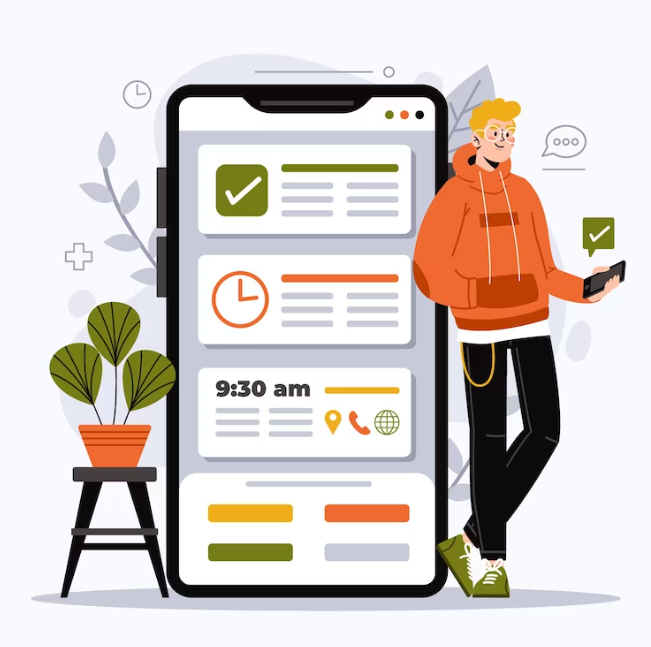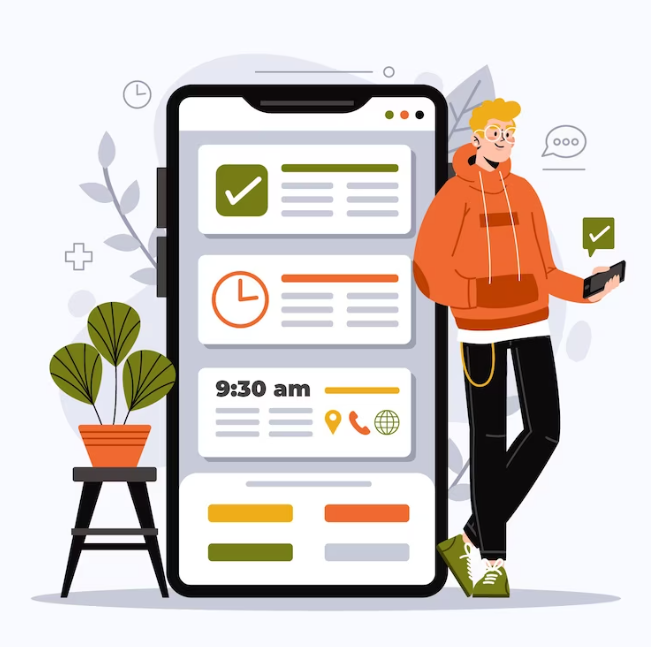In today's fast-paced world, where information and tasks inundate our lives, the need for effective organization has never been more pronounced. With the advent of technology,
the development of organizing apps has provided a digital solution to streamline our day-to-day activities. These apps offer a range of tools designed to enhance productivity, manage tasks, and bring a semblance of order to the chaos of modern life. This article delves into the ways in which organizing apps are reshaping our daily routines, fostering efficiency, and ultimately improving our quality of life.
- Streamlining Tasks and Prioritization Organizing apps serve as digital assistants, helping users prioritize tasks and create to-do lists. The ability to input tasks, set deadlines, and assign levels of importance allows individuals to better manage their time and energy. With reminders and notifications, these apps prevent tasks from falling through the cracks, ensuring that nothing is forgotten. As a result, users experience reduced stress and anxiety associated with overlooking important responsibilities.
- Enhanced Time Management Time is a finite resource, and how it's managed can significantly impact the overall quality of life. Organizing apps offer features like calendar integration, time tracking, and scheduling, empowering users to allocate time effectively for various tasks. The visualization of one's day or week helps in identifying gaps and optimizing time allocation, thereby fostering greater productivity and work-life balance.
- Centralized Information Hub Gone are the days of scribbled notes and scattered Post-it®️ reminders. Organizing apps consolidate information in a single, easily accessible location. Contacts, documents, ideas, and plans are all stored in a digital repository, reducing clutter and enabling quick retrieval when needed. This centralized hub mitigates the risk of losing important data and provides a sense of control over one's digital environment.
- Collaboration and Teamwork Organizing apps extend their utility beyond individual use, benefiting collaboration among teams and groups. Shared task lists, collaborative calendars, and real-time updates foster effective communication and coordination among team members. Whether it's project management or planning an event, these apps facilitate seamless collaboration, promoting a sense of unity and achieving common goals.

- Adapting to Mobility Modern life is characterized by mobility and constant connectivity. Organizing apps cater to this lifestyle by offering synchronization across devices. A task added on a smartphone can be instantly accessed and updated on a tablet or computer. This mobility ensures that users stay organized regardless of their location, empowering them to manage their tasks and responsibilities on the go.
- Behavioral Change and Habit Formation Organizing apps often incorporate features that encourage positive behavioral changes and habit formation. Through gamification, reminders, and progress tracking, users are incentivized to adopt healthier routines, like regular exercise, meditation, or reading. These apps serve as virtual coaches, nudging individuals toward self-improvement and personal growth.
- Reduced Mental Load The mental load of keeping track of various tasks and responsibilities can be overwhelming. Organizing apps alleviate this burden by providing structured systems for managing daily activities. By offloading the cognitive effort required for remembering tasks, individuals can focus more on the present moment and engage in tasks with heightened attention and creativity.



Write a Comment